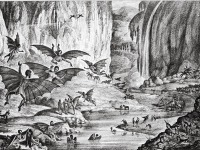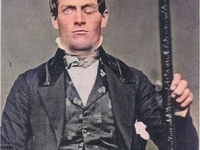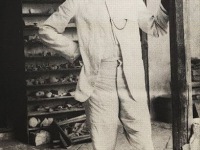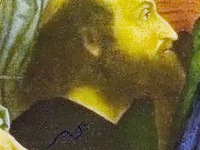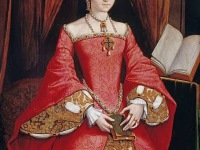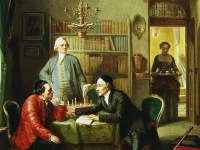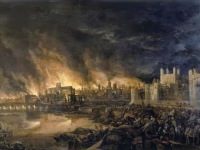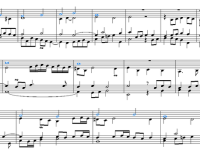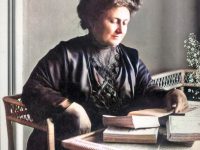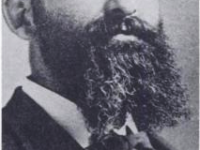The Great Moon Hoax of 1835
On September 16, 1835, the New York Sun concedes that her serial article about the sensational discoveries of astronomer Sir John Herschel about the Moon was only a hoax to increase their circulation. In the history of newspaper this scandal is referred to as ‘The Great Moon Hoax of 1835‘. “GREAT ASTRONOMICAL DISCOVERIES LATELY MADE BY SIR JOHN HERSCHEL, L.L.D. F.R.S. &c. At the Cape of Good Hope” [From Supplement to the…
Read more

